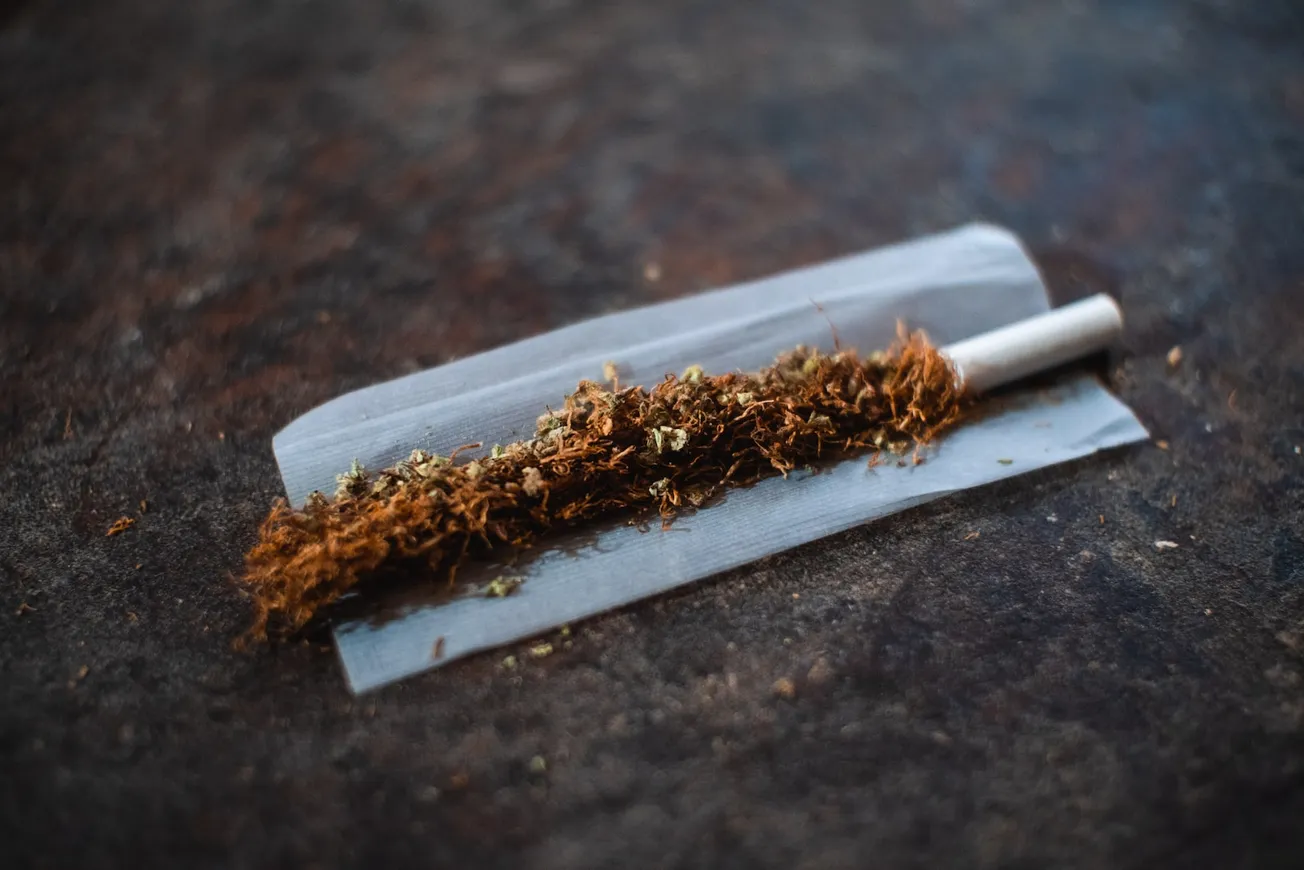Table of Contents
Just one week after handing over the reins as health minister to the National Party, Ayesha Verrall accused her successor and his party of having the deaths of thousands of New Zealanders on their hands.
This week on Stuff’s Tova podcast, an in-depth look into the National-led Government’s shock reversal of the smokefree laws passed last year.
For reference this would’ve meant that the number of places allowed to sell tobacco would be drastically reduced, lower nicotine levels mandated and, most importantly, anyone born after 2009 would be banned from buying tobacco. This would’ve meant that someone born in December 2009 would be able to buy smokes once they reach the legal age but someone born in January 2010 would never be able to.
[…] Modelling, commissioned by the Ministry of Health, into the potential effects of Labour’s smokefree changes found 8000 deaths could be avoided and the health system could be saved $1.3 billion over 20 years.
Yeah, sure. It’s hard to see how such modelling can be even remotely accurate as commonsense says it must assume no one born after 2009 will ever smoke, and that ain’t gonna happen as prohibition never works. South Africa banned tobacco between 2020 and 2021 and not only did it lead to cigarettes more than doubling in price, it did nothing to prevent smokers from buying cigarettes on the black market.
Bhutan tried banning tobacco back in 2004. Predictably this lead to a thriving black market. Fifteen years later 22 per cent of Bhutanese aged between 13 and 15 were tobacco users and 17 per cent were smokers. In fact, according to WHO (which isn’t exactly a fan of the tobacco industry), among this age group the “prevalence of current cigarette smoking increased continuously from 2009 to 2019”. In 2021 Bhutan finally saw sense and lifted the ban.
[…] Phil Barry, director of economic advisors TDB, was commissioned by the tobacco industry to do a cost-effectiveness study into Labour’s smokefree amendments last year and told Tova the changes aren’t needed to reach our smokefree goals.
“By our projections, we’re on track to achieve the smokefree target of five per cent by around 2026 without anything more,” said Barry.
And he’s right.
He argues a ballooning black market and crime against retailers as other reasons not to continue with Labour’s changes.
And again, he’s right. In the UK the high rates of tobacco duty (an insidious form of prohibition by stealth) have lead to a booming black market in tobacco. Between 2021 and 2022 one in nine cigarettes and one in three rollies were bought illegally and four per cent bought from overseas.
Oh, and a thriving blackmarket would mean kids would have an easier time getting ciggies because, as Chloe Swarbrick once said, “Dealers don’t ask for ID.” And if you think I’m pointing out Green Party hypocrisy, you’re right.
But Otago University Professor of Public Health Janet Hoek says those claims aren’t evidence-based and that the language (and arguments) being used by the government is the language used by the tobacco industry.
On the contrary: the evidence is right there. It’s those who want to ban adults from making their own choices who haven’t got a leg to stand on.









